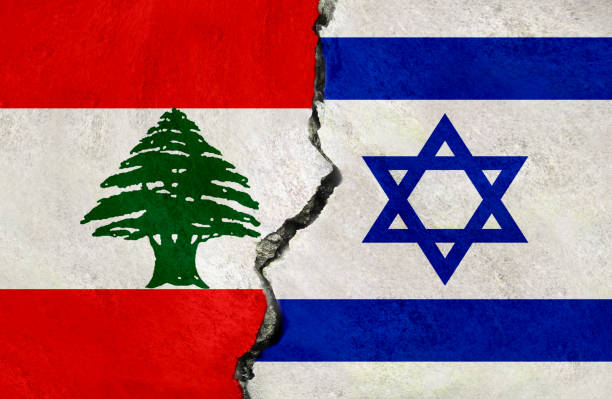The Price of the Israeli Withdrawal From Lebanon
Al Rai, Kuwait, March 21
Amid the region’s volatile complexities—evident in the wars in Gaza and Yemen, as well as tensions involving Lebanon and Syria—Lebanon has no interest in engaging in a military confrontation with its neighbors. Any such confrontation, if instigated by Hezbollah as an escape from its deepening crisis, would ultimately serve only Iran’s agenda.
Likewise, Syria has no stake in any form of conflict with Lebanon, particularly at a time when both nations are navigating a delicate transitional phase aimed, among other objectives, at restoring normal bilateral relations. This new reality opens the door for the long-overdue demarcation of the Lebanese-Syrian border, dismantling the illusions that once governed the Syrian Alawite regime—illusions that collapsed with Bashar Assad’s flight to Moscow on December 8, 2024.
A stable environment would also allow Lebanon to regain control over its borders and territory by fully implementing Resolution 1701, free from Hezbollah’s aspirations and, by extension, Iran’s influence. More crucially, Lebanon has no interest in serving Iran’s calculations, in which the country is manipulated to undermine stability in Syria.
Now more than ever, Lebanon must summon the courage to confront the pressing questions it can no longer evade—chief among them: how to secure an Israeli withdrawal from southern Lebanon and at what cost, given the well-known American conditions.
This holiday season, give to:
Truth and understanding
The Media Line's intrepid correspondents are in Israel, Gaza, Lebanon, Syria and Pakistan providing first-person reporting.
They all said they cover it.
We see it.
We report with just one agenda: the truth.


When the Islamic Republic instructed Hezbollah to intervene in Syria to prop up Bashar Assad’s regime, it was a clear demonstration that Iran’s expansionist project in the region far outweighed internationally recognized borders. Syria must now come to terms with the fact that Iran cannot reconcile with the loss of the Alawite regime, which was an indispensable conduit for transferring weapons and funds to Hezbollah. From this perspective, Syria will have to contend with Iran’s relentless attempts to reassert control over Damascus.
Syria is not a mere detail in the so-called “regional crescent” that connects Tehran to Beirut via Baghdad and Damascus—it is a vital link in that chain. Without it, the entire structure collapses. Iran, grappling with internal divisions is desperately defending its remaining regional footholds, whether through the Houthis in Yemen or Hezbollah in Lebanon.
Tehran must prove that Hezbollah has not faded with the downfall of the Syrian regime, that it retains influence in both Lebanon and Syria, and that it remains an indispensable force. Iran also seeks to reaffirm its capacity to intervene in Syria, either to aid remnants of the old regime or to ensure Syria continues functioning as a corridor for arms transfers and other illicit activities. This includes the trafficking of drugs—particularly Captagon—to the Gulf states, weapons smuggling to Jordan, and, of course, the ongoing flow of arms into Lebanon.
It is in Lebanon’s best interest to reach an understanding with the new Syrian government regarding border control—a necessity for enforcing Resolution 1701, as well as an Arab and international priority in the broader fight against smuggling in all its forms. In other words, Lebanon must recognize that now is not the time for friction with the new Syrian government, regardless of Iran’s desires.
Our country can no longer afford to skirt around the central issue: Hezbollah’s weapons—effectively Iranian weapons—have brought nothing but destruction and ruin to Lebanon and its people. Addressing this arsenal is not just an option but a necessity if Lebanon is to confront reality and the responsibilities that come with it, including the imperative to resolve the lingering Israeli occupation that has been exacerbated by the so-called “support for Gaza” war.
A new reality is taking shape—one in which Hezbollah, along with all other arms of the Islamic Republic across the region, has suffered a decisive defeat. This setback comes even as Israel, under full American backing, continues to commit relentless brutality—protected by Washington’s unwavering support for Benjamin Netanyahu, a leader who, in the words of a senior Arab official who has met with him, “believes himself to be the president of the United States.”
The sooner Lebanon initiates a serious discussion about the future of Hezbollah’s weapons, the smoother the path will be toward addressing the real deadline that matters for its future: determining what must be done to end the occupation and confronting the unavoidable price of either securing its resolution or perpetuating its existence.
Kheirallah Kheirallah (translated by Asaf Zilberfarb)

